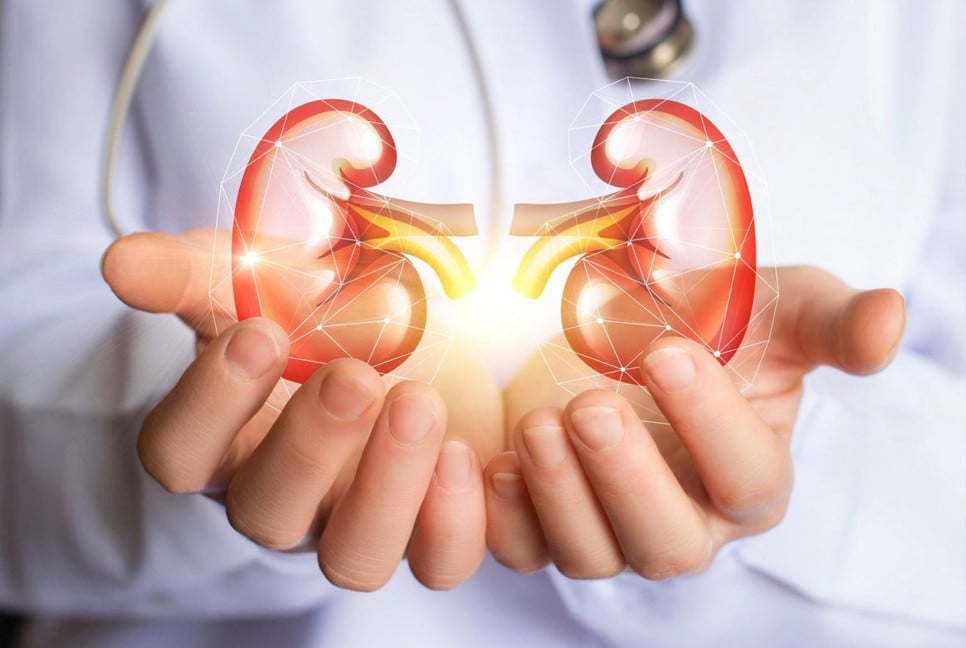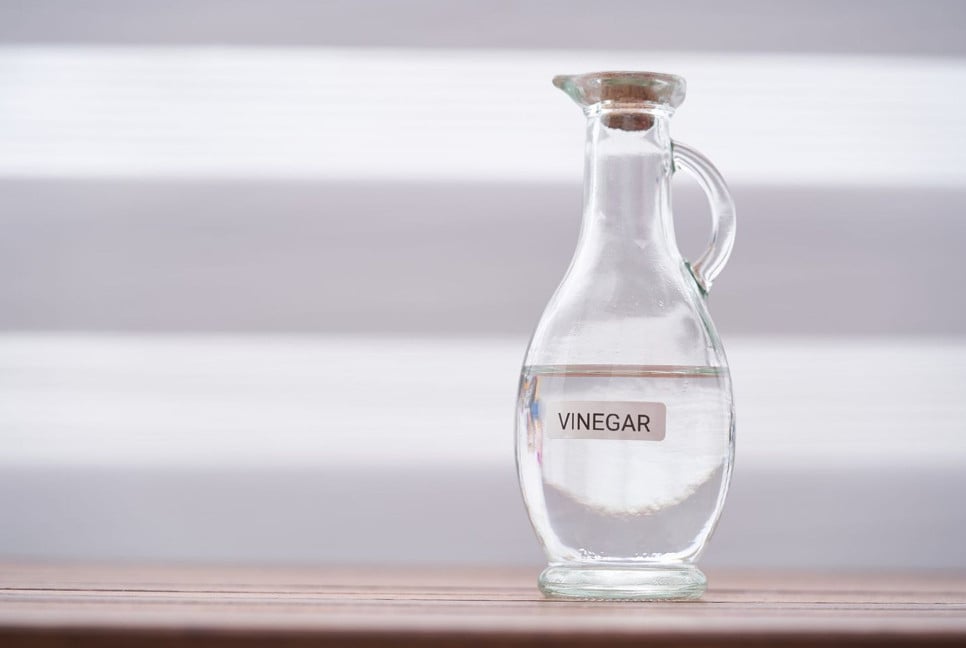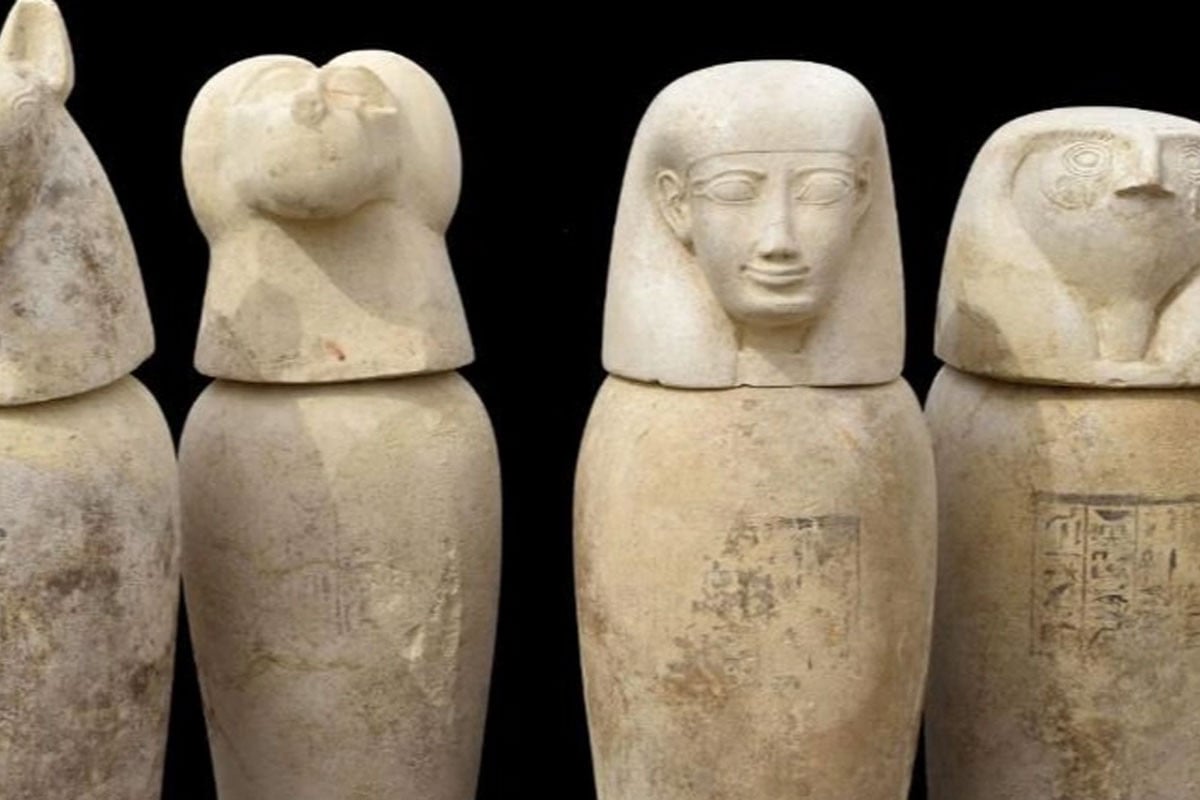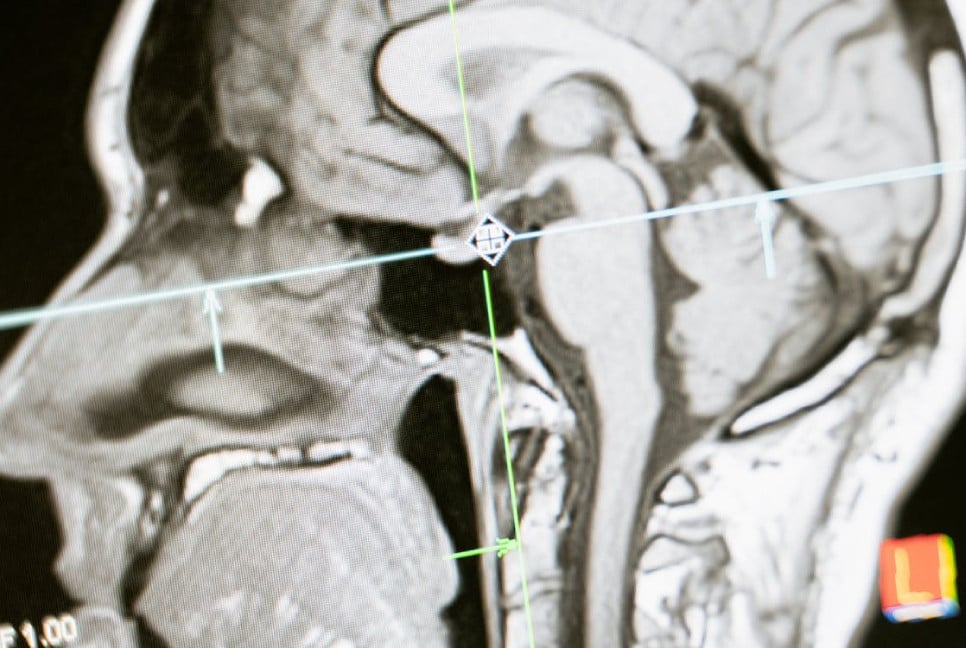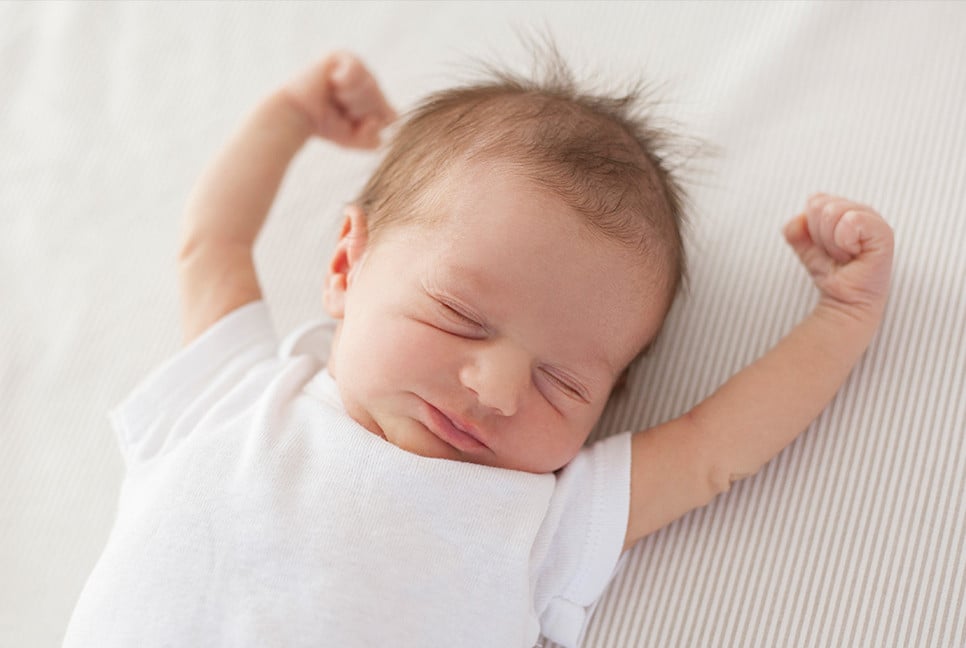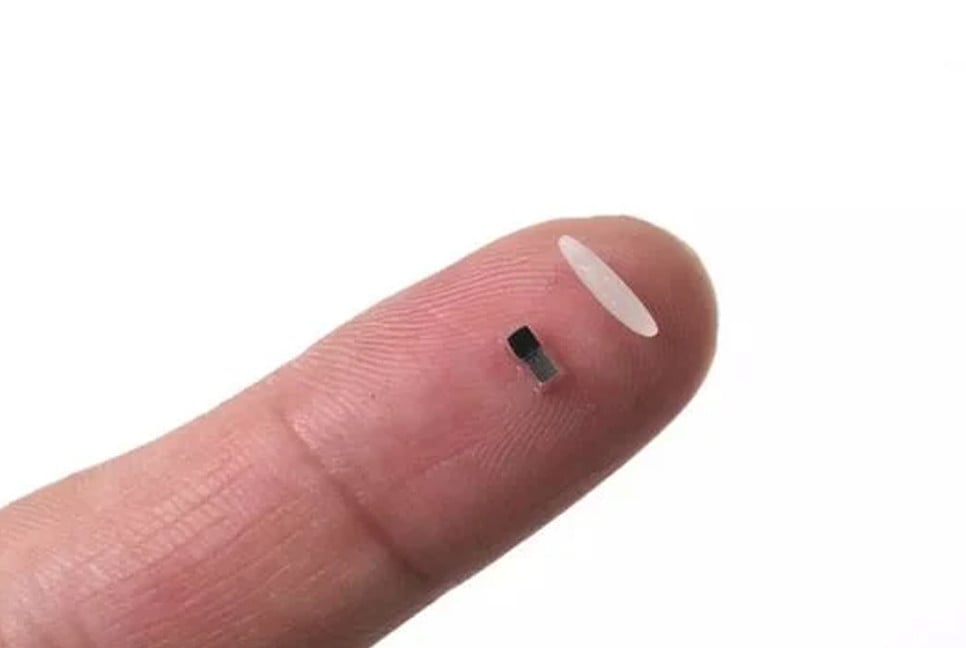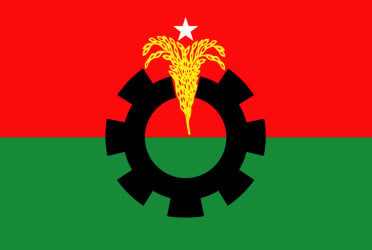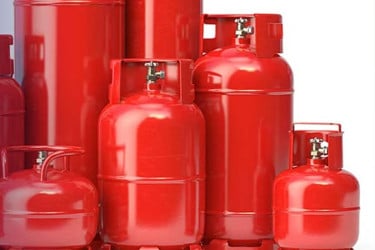Creatinine levels are important for checking kidney health. A blood test typically measures these levels, and sometimes a urine test is also used. High creatinine level can signal reduced kidney function, even if you feel well. Knowing your levels can help catch problems early, so it's important to monitor them regularly during check-ups.
What is creatinine?
Creatinine is a waste product formed when creatine, stored in muscles, breaks down. Creatine helps muscles produce energy during intense exercise or heavy lifting.
According to Dr. Amy Yau, a nephrologist at Ohio State University Wexner Medical Center, creatinine can come from the body’s production, the diet, or cell breakdown.
Creatinine levels are used to assess kidney function, as it is "freely filtered" by the kidneys, giving a good indication of how well they are working in people with normal kidney function.
Kidney function
Your kidneys, located beneath the ribcage, filter blood to remove waste and excess fluid, while balancing minerals like calcium and potassium.
They also produce hormones that regulate blood pressure, red blood cell production, and bone health.
Dr. Ziyad Al-Aly explains that high creatinine levels indicate poor kidney function, meaning the kidneys aren’t removing toxins effectively. Healthy creatinine levels show the kidneys are functioning properly. Kidney disease leads to a gradual loss of kidney function, causing harmful waste and fluids to build up in the body.
What causes kidney problems
Several medical conditions and risk factors can lead to kidney disease, including:
- Diabetes: High blood sugar can damage the kidney's blood vessels and nephrons over time.
- High blood pressure: Uncontrolled hypertension can harm the arteries around the kidneys.
- Heart disease: Heart function changes may reduce blood flow to the kidneys.
- Smoking: Smoking reduces blood circulation to the kidneys.
- Inflammatory kidney conditions: Conditions like glomerulonephritis and interstitial nephritis can cause damage.
- Inherited conditions: Diseases like polycystic kidney disease affect kidney function.
- Urinary tract obstructions: Kidney stones or an enlarged prostate can increase pressure on the urinary tract.
- Chronic kidney infections: Recurrent infections like pyelonephritis can damage the kidneys.
- Kidney cancer: Renal cell cancer is the most common form of kidney cancer.
- COVID-19: Long COVID may cause blood clots that affect kidney vessels.
- Severe dehydration: Chronic dehydration can lead to high concentrations of minerals, acids, and waste in the urine, potentially damaging the kidneys.
Signs of kidney disease
In the early stages, kidney disease often has few symptoms, making it difficult to detect until it’s more advanced. If diagnosed early, underlying causes such as high blood pressure, diabetes, polycystic kidney disease, or glomerular inflammation can be treated. Unfortunately, many people feel healthy while the disease progresses, eventually leading to kidney failure, which may require dialysis or a transplant. In some cases, people may experience symptoms like:
- Swelling in the legs or around the eyes
- Nausea or vomiting
- Shortness of breath due to fluid around the lungs
- Sleep disturbances
- Unexplained weight loss
- Weakness or fatigue
- Dry, itchy skin
- Difficulty concentrating
- Changes in urination patterns
However, these symptoms are general and not always specific to kidney issues.
Creatinine blood test
Early kidney disease often has no noticeable symptoms, so it's important to screen for abnormal creatinine levels, which indicate kidney function. During annual visits, doctors typically check creatinine levels via a basic metabolic panel (BMP). If levels are high, further testing, like a 24-hour urine collection, may be required to assess kidney function. Creatinine levels are analyzed along with estimated glomerular filtration rate (GFR) and blood urea nitrogen (BUN). GFR estimates how well kidneys filter blood, while BUN measures waste from protein digestion. Together, these tests help doctors evaluate kidney health.
Normal creatinine levels
Creatinine levels typically range from 0.7 to 1.2 milligrams per deciliter, but this can vary based on factors like muscle mass, body size, and gender. Bodybuilders may have higher levels, while women tend to have lower levels than men. Amputations can also affect baseline creatinine. Levels should remain relatively stable over time.
Causes of high creatinine levels
High creatinine levels can be caused by factors unrelated to kidney function, including:
- Muscle injury
- Creatine supplements (often used by bodybuilders)
- High muscle mass
- Diet (a high meat intake)
Symptoms of high creatinine levels
High creatinine levels may indicate poor kidney function and symptoms like:
- Fatigue
- Swelling
- Changes in urination
- Nausea or vomiting
- Muscle weakness or cramping
When to worry about high creatinine
A high creatinine level doesn’t always mean kidney issues. Other factors may cause an increase, so it’s essential to consult with your doctor, who will consider:
- Blood or urine test results
- The increase in creatinine levels and rate of change
- Symptoms and underlying conditions
Improving creatinine levels
To help lower creatinine levels, you can:
- Eat a balanced diet
- Stay hydrated
- Avoid creatine supplements and NSAIDs
- Limit alcohol and quit smoking Consult with a healthcare provider if you’re concerned about your creatinine levels.
Treatment for high creatinine
Treatment depends on the cause and may include:
- Managing conditions like diabetes or hypertension
- Adjusting medications
- Making lifestyle changes, like increasing physical activity In severe cases, dialysis or a kidney transplant may be necessary.
Low creatinine levels
Creatinine levels below 0.7 mg/dL may be considered low but should be evaluated based on overall health. Causes of low creatinine include:
- Pregnancy (increased plasma volume)
- Vegetarianism (low meat/protein intake)
- Muscle loss (especially in frail individuals)
- Certain medications like H2 blockers and antibiotics
Symptoms of low creatinine
Low creatinine usually doesn’t cause symptoms, but if it results from muscle loss, it may cause:
- Fatigue
- Muscle weakness
- Reduced physical strength and coordination
When to worry about low creatinine
Low creatinine levels are usually not concerning but could signal malnourishment or significant muscle loss in extreme cases.
Raising low creatinine levels
If your creatinine is dangerously low, work with a healthcare provider to address the cause, such as improving diet and protein intake for muscle health.
Treatment for low creatinine
Treatment for low creatinine targets the underlying cause. If due to malnourishment, a balanced diet with adequate protein can help support muscle function.
What to do about abnormal creatinine levels
El-Sayegh notes that slight increases in creatinine or decreases in GFR are common with aging and may not indicate severe issues. To improve kidney function:
- Quit smoking
- Lose weight
- Avoid unnecessary medications
- Control blood pressure and manage blood sugar levels
- Visit your doctor regularly for kidney screenings to detect issues early
Creatinine levels alone don’t provide a full picture of kidney health. Yau emphasizes that while creatinine is an easy and helpful marker, it’s not a comprehensive measure of kidney function. Further tests are needed to understand kidney health fully.
Source: U.S. News
Bd-pratidin English/ Afia

